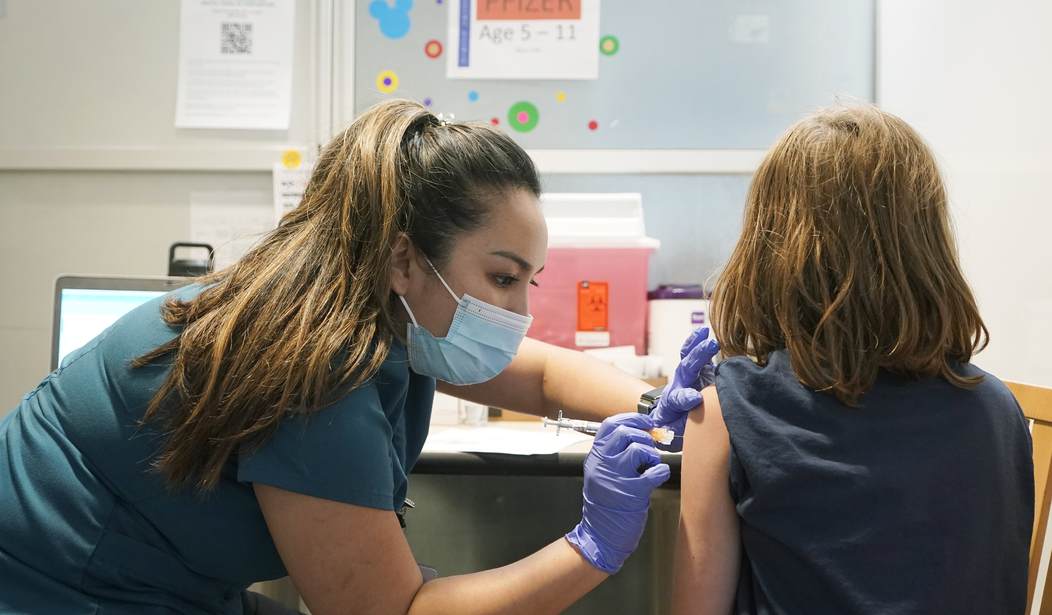"We're all in this together" …or are we?
Solidarity and banging pots is all well and good. Unfortunately, when it comes to many hospitals, what they're "all in together" is a scheme to exploit a valuable federal drug discount program intended for the poor in order to pad their own pockets.
And it's been going on for decades.
The program in question is the 340B Drug Pricing Program -- and the spirit of the legislation was to improve low-income patients' access to prescription drugs. Motherhood and apple pie. Alas, according to a new report from the Berkeley Consulting Group (BRG), 340B has become a significant source of undeserved revenue for hospitals and for-profit pharmacies gaming the system. When it comes to 340B, the "B" has, unfortunately, come to mean "Bottom line" and that bastardization of the original legislative intent cannot stand
If lawmakers are serious about helping people afford their prescriptions, they can start by cracking down on this unethical, anti-patient, self-dealing behavior.
Created back in 1992, 340B was an honest attempt to preserve prescription-drug access for vulnerable, low-income and uninsured patients. To that end, the rules of the program require participating pharmaceutical firms to offer considerable discounts on their drugs to certain hospitals and clinics that serve low-income patients. On average, those discounts amount to 59% and can even bring the price of a drug down to a penny
But in recent years, hospitals have come to treat 340B less as an assistance program and more as a profit-center. Their behavior is made possible by the fact that under current law, providers are under no obligation to reserve the discounts for needy patients or even report what they do with the savings. Just the opposite is happening. Eligible hospitals will obtain all their 340B medications from a drugmaker at the discounted 340B price and then bill privately insured patients -- and even uninsured patients -- for the drug's full list price, helping themselves to the difference as pure profit. While the law requires these patients to meet certain criteria, hospitals have found ways to maximize profits under the program.
Recommended
In the real world, this is called stealing.
In recent years, a growing number of providers have chosen to line their pockets this way. As the BRG report reveals, the number of facilities participating in the 340B program grew by more than 30,900 between 2013 and 2020. Gross profits on 340B drugs, meanwhile, totaled more than $42 billion in 2020 -- a 12-fold increase over just seven years. It's a shameful "Show me the money" moment.
Federal 340B guidance that goes far beyond what Congress intended has also allowed hospitals to contract with private, third-party pharmacies when filling discounted prescriptions for 340B patients. Originally intended to allow hospitals without their own pharmacies to use an outside pharmacy to dispense discounted medicines, these new arrangements have made abuse of the program even more widespread. Show me the money!
Between 2013 and 2020 alone, hospitals established more than 94,600 new contract pharmacy arrangements through the 340B program, the BRG report finds. And according to a separate BRG study, the average profit margin of these pharmacies on commonly-dispensed 340B drugs is an astounding 72 percent, compared to 22 percent for non-340B drugs. Show me the money!
The 340B program now accounts for over half of all revenues for US pharmacies and providers. That makes it a primary source of profit for many participating facilities. Show me the money!
There's nothing in the law requiring hospitals to use so much as a penny of their 340B profits to help vulnerable patients. Most participating providers don't even pretend to be doing so. Think about that.
Today, just as when 340B began in 1992, far too many Americans are having a hard time paying for medicines and need help. Yet 340B, which has grown to become the federal government's second largest prescription drug program, has not fulfilled its promise to help low income and uninsured patients access outpatient medicines. It's time for lawmakers to put an end to the corruption and enact meaningful reforms that ensure the program offers a genuine lifeline for patients who need it most.

























Join the conversation as a VIP Member